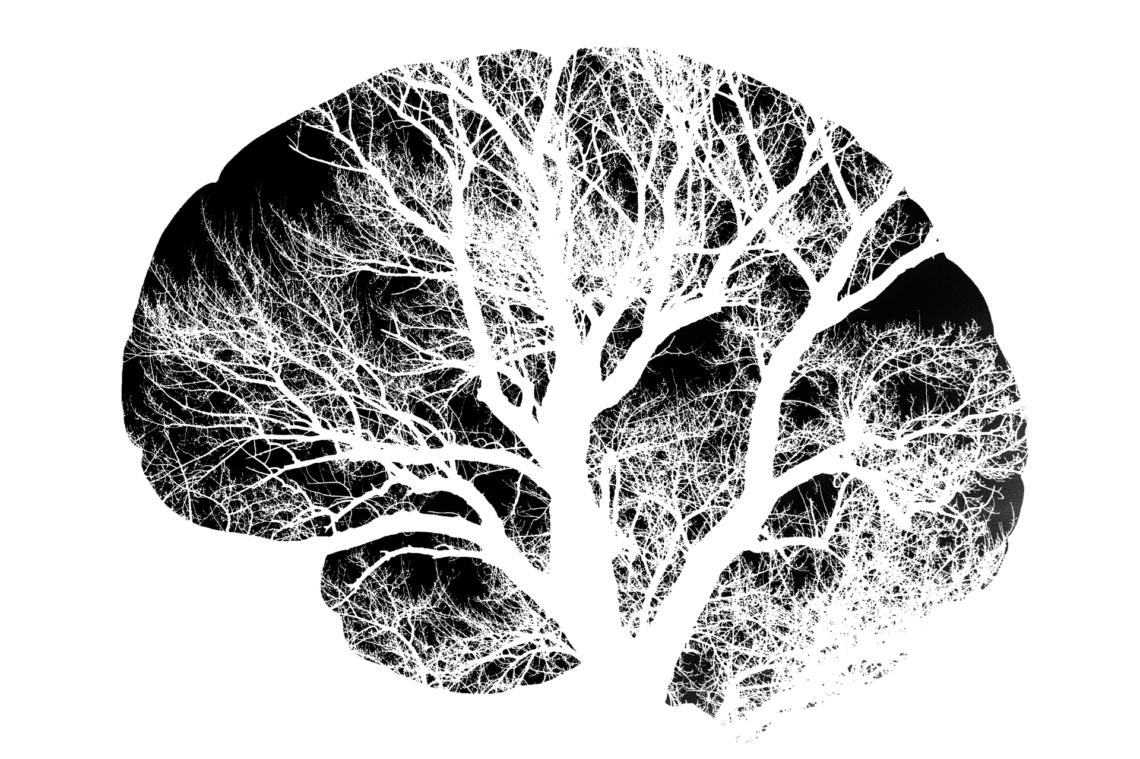Articles by Emily Inkpen
How Does MS Affect the Body?
MS affects the body by causing, among other things, muscle spasms, problems with thinking and learning, and mobility problems. How does Multiple Sclerosis affect the body? The symptoms of multiple sclerosis are varied, can affect any part of the body, and every patient is affected differently. For some, the symptoms develop and get more pronounced over time, and for others the symptoms come and go. Two terms that are often used are: Relapse – when symptoms that have abated for a time, come back.Remission – When symptoms that have been bad, improve or clear. The most common symptoms include: FatigueProblems with sightTrouble with balance and dizzinessOsteoporosisNumbness and tinglingMuscle spasms, stiffness and weaknessProblems when thinking or planningSexual problemsBladder problemsBowel problemsProblems with speech and swallowing For more information on the history, causes and treatments of MS, see MS: A Deeper Dive Fatigue Fatigue is an ‘invisible symptom’ of multiple sclerosis. It comes as…
What Are MS Symptoms?
The symptoms of MS include: fatigue, problems with sight, balance and dizziness, numbness and tingling, muscle spasms, cognitive difficulties, bladder and bowel problems. What is Multiple Sclerosis? Multiple sclerosis, or MS is a neurodegenerative disease, which means that the brain degenerates over time. It’s characterised by damaged areas (lesions) on the brain and spinal cord. MS causes, among other things, muscle spasms, problems with thinking and learning, and mobility problems. For more information about the history, causes, and treatments of multiple sclerosis, see MS: A Deeper Dive What are MS symptoms? The symptoms of multiple sclerosis are varied, can affect any part of the body, and every patient is affected differently. For some, the symptoms develop and get more pronounced over time, and for others the symptoms come and go. Two terms that are often used are: Relapse – when symptoms that have abated for a time, come back.Remission –…
Caring for someone with MS
To care for someone with MS, you must find time to care for yourself. Read more to find out how to access the support you will need. Caring for someone with MS Caring for a loved one is rewarding, but it can also be immensely stressful. As multiple sclerosis is unpredictable, it’s difficult to know what your loved one will need from one week to the next. This means that caring for someone with MS can be uniquely challenging. For more information about the history, causes and treatments of multiple sclerosis, see MS: A Deeper Dive Multiple sclerosis is a degenerative disease, so the care required will become more demanding as time goes by. It’s no good putting off accessing support until you burn-out. The health of your loved one is important, but so is yours. If your loved one’s MS becomes ‘advanced’, they will be entirely dependent on others for…
Would you like to know more about Hometouch's high quality live-in care service?

Why do Parkinson’s patients sleep so much?
Parkinson’s patients experience difficulties with their sleep due to the disease itself and the medications that treat it. This can lead to increased sleepiness during the day. Parkinson’s disease can cause problems with sleep, and the medications used to treat…
Speak to one of our knowledgeable care advisers about Hometouch’s high quality live-in care service

How Does Parkinson’s Disease Affect Daily Life?
Parkinson’s disease can alter your family relationships, how you exercise, eat, work, and move. But these changes don’t happen immediately, and you can take steps to minimise their long term impact. How does Parkinson’s affect daily life? Parkinson’s is…

Arranging Summer Holiday Care
Arranging care for a loved one while you go on holiday, can make a huge difference to your ability to relax, and their confidence and independence. Arranging time off for yourself If you provide care for a loved one, it…

What Does an Overnight Carer Need?
If your overnight carer is a waking carer, then you won’t need more than you would for a day time carer, if they are a sleeping carer, then you will need to provide bedroom facilities. What is overnight care? Overnight…

Parkinson’s Disease: A Deeper Dive
Parkinson’s: A Deeper Dive Parkinson’s: A Deeper Dive, provides an overview of the disease, with scientific and medical expressions explained in simple terms. Parkinson’s disease is a progressive neurological disorder. This means that brain function will become more and more…

How Do I Tell My Elderly Parent They Need Help?
Telling your elderly parent that they need help can be difficult, so we’ve put together a list of suggestions that might help with the conversation. How do I tell my elderly parent they need help? It’s rare for a person…

What Elderly Care is Right For Me?
The first question you will ask yourself, when faced with the task of finding care for an elderly loved one, is: “What elderly care is right for me?” There are a lot of options, and the most common are live-in…
Apply for live-in care jobs
Hometouch has been one of the best companies I have worked for in the care sector! I have always been told I’m appreciated and been made to feel like it too. I’m so happy to be a part of the Hometouch team
Shaheen

£750 - £900 per week. Double bank holiday pay
You choose your own clients
Clinical support
Free training, webinars and supervision